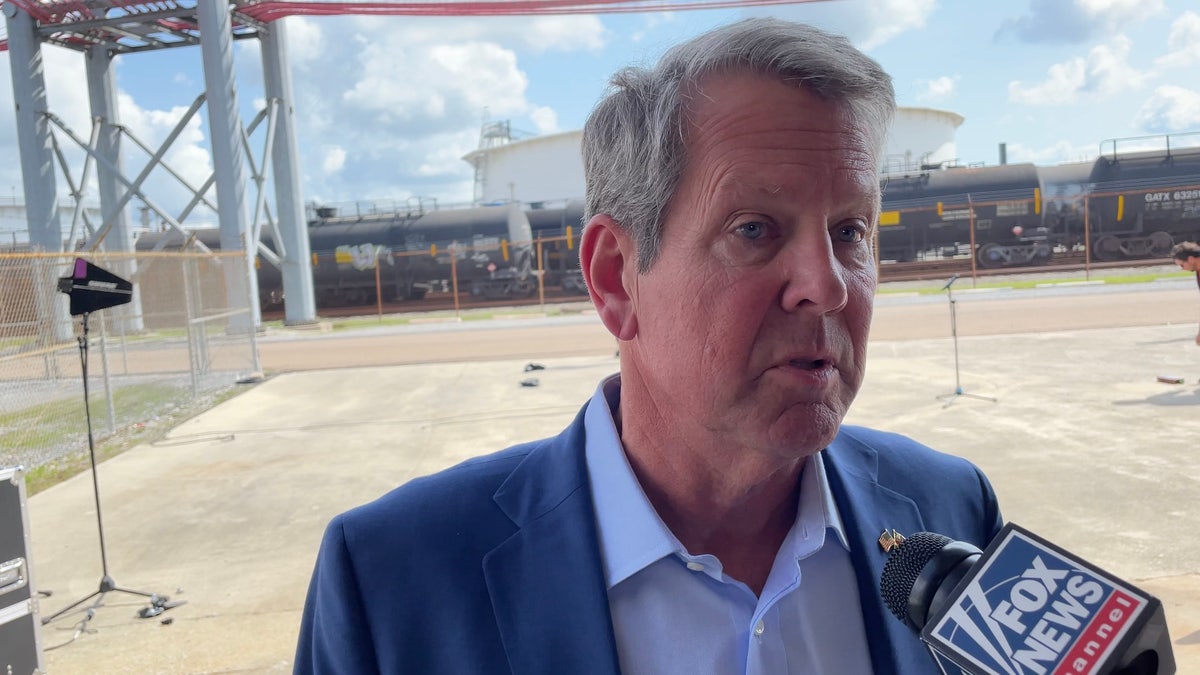The Case for Gavin Newsom as a 2028 Presidential Candidate
There is a growing sentiment among some Democrats that California Governor Gavin Newsom should be their presidential nominee in 2028. Many believe he is already positioning himself for the role, and his political trajectory suggests a clear path to the White House.
Every time former President Donald Trump mocks Newsom by calling him “Newscum,” it only strengthens the support from progressive circles. Meanwhile, conservatives might find themselves benefiting from Newsom’s candidacy. Consider Kamala Harris — a similar profile, but too far left for many voters in key swing states like Illinois or Ohio. A Newsom campaign could face a similar challenge, with critics arguing that his policies are not palatable to the broader American electorate.
What would his campaign slogan be? Perhaps something like, “If you like sanctuary cities, you’ll love Gavin Newsom’s America.” The potential for attack ads against him seems almost inevitable. With such a strong narrative, the call for Newsom to run is growing louder.
A Political Career Built on Ambition
From the moment I met Newsom, I sensed his ambition. He began his career as a San Francisco supervisor, where he championed “Care Not Cash,” a 2002 ballot measure aimed at reforming welfare for the homeless. His early career was guided by then-Mayor Willie Brown, who placed him on the Parking and Traffic Commission. This marked the start of an impressive climb through the ranks of California politics: county supervisor, mayor of Sacramento, lieutenant governor, and finally, governor of California.
At 57 years old, Newsom is seen as a capable and hardworking leader. His leadership style has drawn comparisons to former Transportation Secretary Pete Buttigieg, though many believe Newsom would have a stronger chance against him in a general election.
Challenges That Could Hinder His Bid
Despite his strengths, Newsom carries baggage that could jeopardize his chances in a national election. One major issue is the perception of California as a high-tax state. According to Intuit/Turbotax, California has the highest income tax rate in the country at 13.3 percent. For the wealthy, this has led to a significant number of move-outs, particularly in Los Angeles and Northern California. In fact, no California city appears on the list of top move-ins, according to moving company PODS.
Another point of contention is the California High Speed Rail project, often referred to as “The Train to Nowhere.” Initially proposed as a high-speed rail connecting Los Angeles and San Francisco, the project has faced delays and cost overruns. Critics, including Trump, argue that it is a waste of federal funds, with some suggesting that $4 billion in funding should be withheld.
Controversies and Public Perception
Newsom’s stance on transgender athletes has also drawn criticism. His Department of Education recently refused to sign an agreement that would bar biological males from competing as females in K-12 sports. This decision contradicts the views of about two-thirds of U.S. adults, according to a Pew Research Center survey.
Critics argue that the California Democratic establishment has focused too much on progressive policy at the expense of practical governance. Whenever Newsom touts being “first in the nation” on an issue, it often reflects a desire for historical recognition rather than addressing real concerns like water, power grids, public safety, or transportation.
A Scandal That Shook Public Trust
Perhaps the most damaging episode in Newsom’s career came during the height of the pandemic. In November 2020, he urged Californians to avoid large gatherings and wear masks while dining out. Yet just days later, he was spotted at the French Laundry, a high-end restaurant in Napa Valley, dining indoors with a group of well-known figures. This contradiction sparked widespread criticism, with many feeling that Newsom was applying different standards to himself than to the public.
He later apologized, but the damage to his image was done. The incident highlighted a perceived disconnect between his policies and his personal actions, raising questions about his judgment and commitment to public service.
Conclusion
Gavin Newsom’s political journey has been marked by both ambition and controversy. While his leadership in California has earned him a loyal following, his challenges in a national election remain significant. Whether he runs in 2028 will depend on how he navigates these issues and whether he can appeal to a broader electorate beyond the Golden State.







